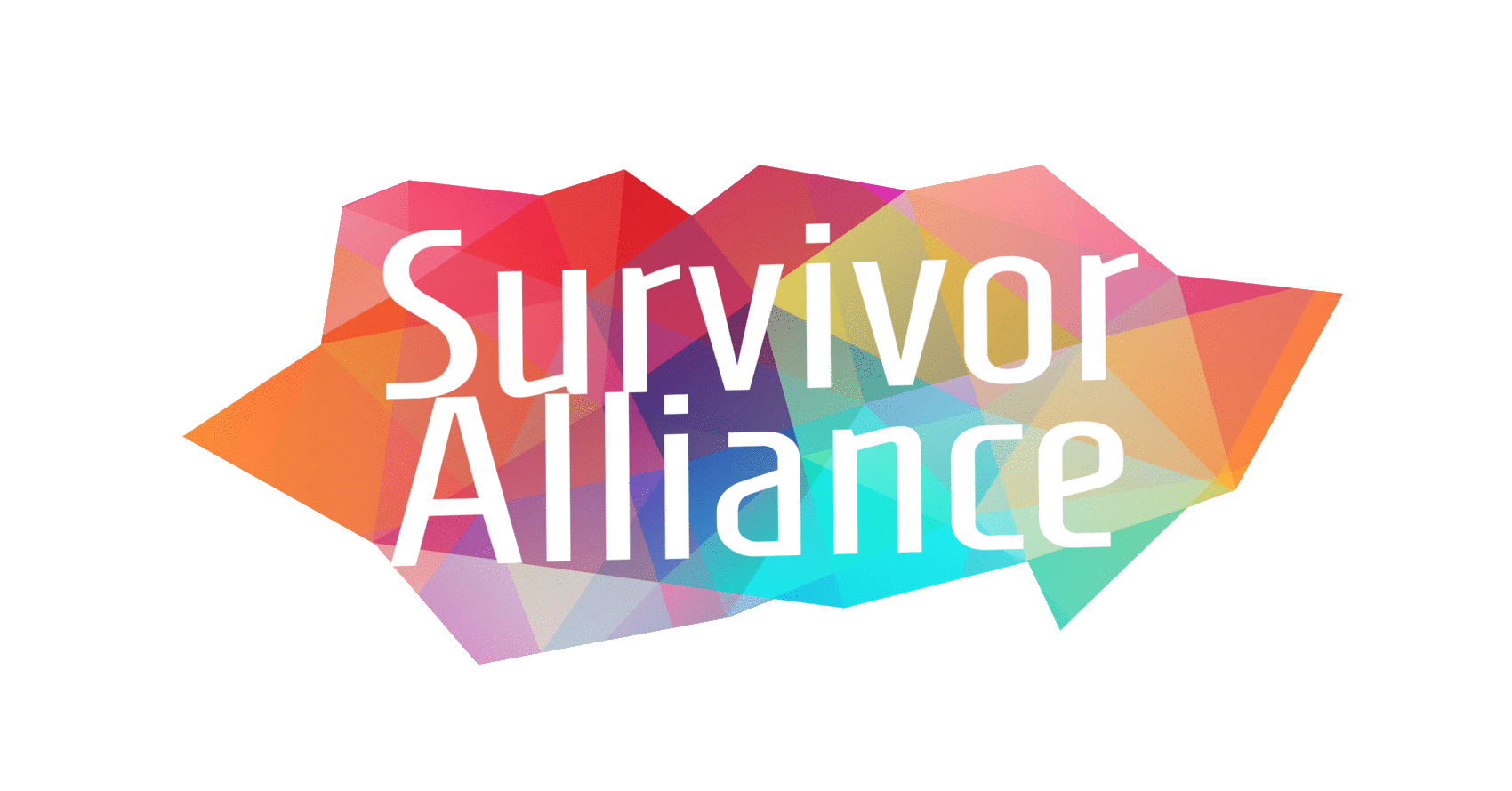The Impact of Survivors of Human Trafficking Leading Organizations and Direct Services
Survivor-led direct services have become increasingly valued in victim services globally. When survivors provide these services, a wider range of support is available. The anti-trafficking sector must acknowledge and implement survivor-led direct services, highlighting their key goals and the profound impact they can have on individuals and communities.
Direct services refer to hands-on support provided to individuals and communities, ranging from counseling and medical assistance to advocacy and community outreach. When led by survivors, these services bring a unique and deeply empathetic perspective, as survivors understand the complexities of trauma and recovery firsthand. Often, survivors have had to navigate these services and have highlighted gaps in service provisions.
Through the input of survivors in the Survivor Alliance Decision-Making workshops, we were able to identify three goals for survivors providing direct services for the next decade which highlighted these goals:
Goal 1: We will hold diverse roles throughout organizations providing direct services.
Goal 2: We will improve the conditions for survivor professionals who are employed in direct services.
Goal 3: We will improve the overall condition and quality of work within direct service organizations.
One of the most significant goals of empowering survivors is to promote long-term recovery and empowerment. Survivor-led initiatives often focus on sustainable recovery, equipping individuals with the necessary tools and resources to rebuild their lives. "We will utilize our expertise to develop trust and ensure the needs of service recipients are met in caring and compassionate ways. We will also create a more survivor-inclusive approach that prevents re-exploitation and promotes autonomy and self-determination" (Action plan, p. 30). Programs that emphasize skill-building, education, and self-advocacy are crucial. Survivors help pave the way for lasting change and growth by empowering individuals to take charge of their recovery.
Survivors, having navigated their own journeys of healing, possess a level of empathy that is unparalleled. This empathy enables them to connect with those they are helping on a profound level. Not only will survivors providing direct services create a lasting impact, but their allies supporting them will also learn valuable lessons and knowledge to support and work alongside them.
While survivor-led direct services offer numerous benefits, they are not without challenges. Common issues include secondary trauma, burnout, and the need for continuous training and support. Effective solutions involve providing adequate resources for survivors and allies with ongoing training and mental health support for service providers. Creating a supportive network and fostering a culture of self-care are essential to ensure the well-being of those providing these critical services.
Survivor-led organizations and direct services are important in the global effort to combat human trafficking. Survivors, with their resilience, courage, and unique insights, should be leading the way, practical solutions to those still impacted by their trafficking experiences. By supporting and amplifying the value of organizations with survivors providing direct services, we can contribute to a world where every individual is free from exploitation and empowered to live a life of dignity and independence.
Rebekah Layton
Direct Services Working Group Facilitator

